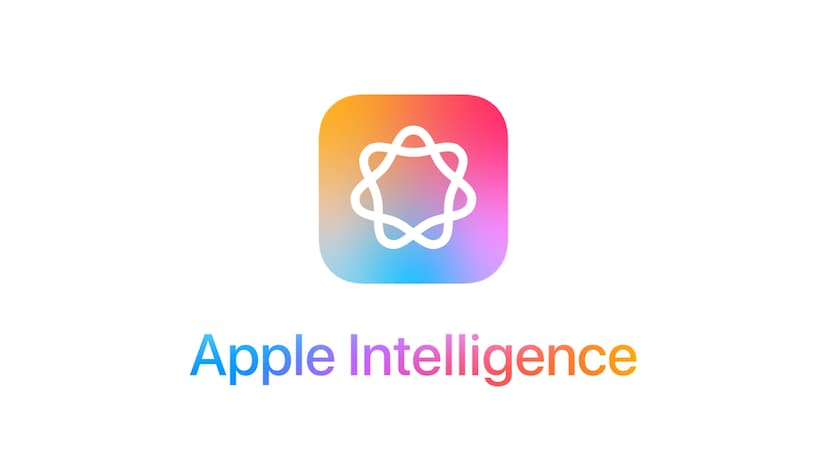
Furious iPhone users sue Apple for false advertising of AI capabilities. Were we tricked?
- 22.03.2025 13:20
- phonearena.com
- Keywords: AI, Apple
Furious iPhone users have sued Apple, claiming it falsely advertised AI capabilities in the iPhone 16. The lawsuit alleges that advanced features, like an upgraded Siri, were promoted as ready but delayed, misleading consumers into purchasing.